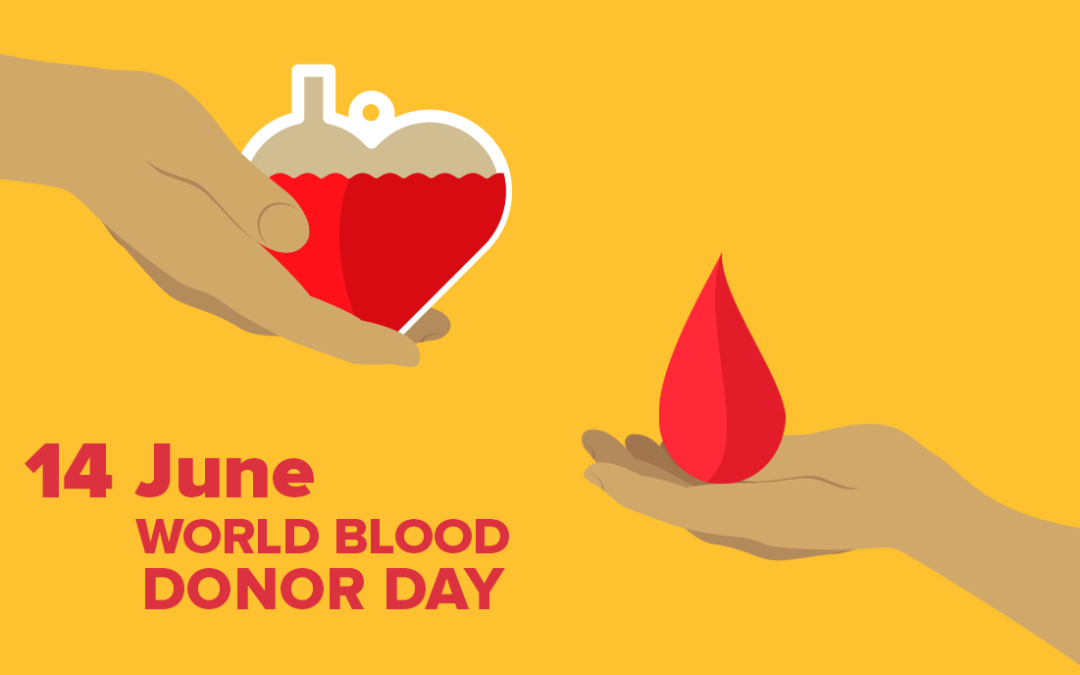Thursday 14th June is World Blood Donor Day and this year’s theme is ‘Thank you for saving my life’. As a Health Cash Plan provider we like to support the NHS and the great work they do, so in honour of the occasion, we decided to talk about the importance of blood donation and why more donors are needed now more than ever.
So, why is blood donation important?
When asked how people think their blood donation is used, the most common answer is for accidents or emergencies. Though it is true that in many serious incidents, blood transfusions are needed quickly to save lives, the use of blood goes far beyond this.
According to WHO, women suffering complications during childbirth may need blood, as well as cancer patients and people undergoing complex surgery. In addition, there are also individuals who require regular blood transfusions because of conditions such as Thalassaemia and Sickle Cell disease. For those, access to regular blood transfusions makes a big difference in their standard of living and it can even be a matter of life or death, depending on their condition.
But, it’s not just for transfusions that blood is needed. When taken, your blood is usually broken up into separate components (such as red blood cells, plasma and platelets), which can be used for different uses and allow one donation to save multiple lives.
So as you can see, there’s more to blood than meets the eye.
Why should I donate?
In order to support patients all across the UK, the NHS needs 6,000 donations a day. Moreover, they need 200,000 new donors every year because some donors can no longer give. It’s no surprise the NHS have said they are “always in need of blood”.
Additionally, most blood donors are over the age of 45, which means that it’s important to start encouraging young people to become donors in order to secure a future for blood donation.
The NHS aim to have 6 days’ worth of stock on hand at any one time for each blood type, but its supplies quite often drop below this target. It’s hard to keep a steady supply of blood without frequent donations because, not only is it in high demand, but some components can only be stored for 35 days.
What’s the good news?
The good news is that most healthy people between the age of 17 and 65 can give blood. There’s a list of requirements to make sure your blood is safe, so if you meet the criteria, you can donate.
The most common blood type is O+, owing to 48% of the population, yet at the time of writing this blog, it’s also the lowest stock. The reason for this is that O is what’s known as a universal donor (it can be given to anyone) so it’s always in high demand. The second most common is A+ (30% of the population), followed by O- (8%) and B+ (8%). There are also rarer blood types such as AB+ and AB-, which only 2% and 1% of the population have.
No matter what blood type you are, there are huge benefits to becoming a blood donor – the main one being that you could save someone’s life. So, why not go along and donate on 14th June? The process takes between 5 – 10 minutes, you can book easily online and donors will get tea and biscuits afterwards! If blood donation is something you’re considering you can find more information at blood.co.uk.
References –
https://www.blood.co.uk/why-give-blood/
https://www.blood.co.uk/news-and-campaigns/the-donor-magazine-summer-2017/blood-group-basics/

